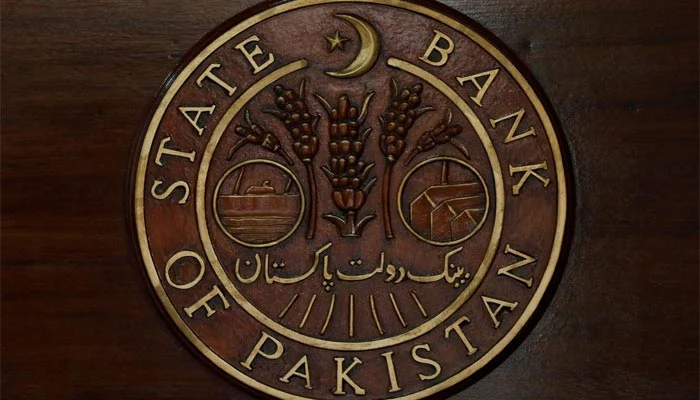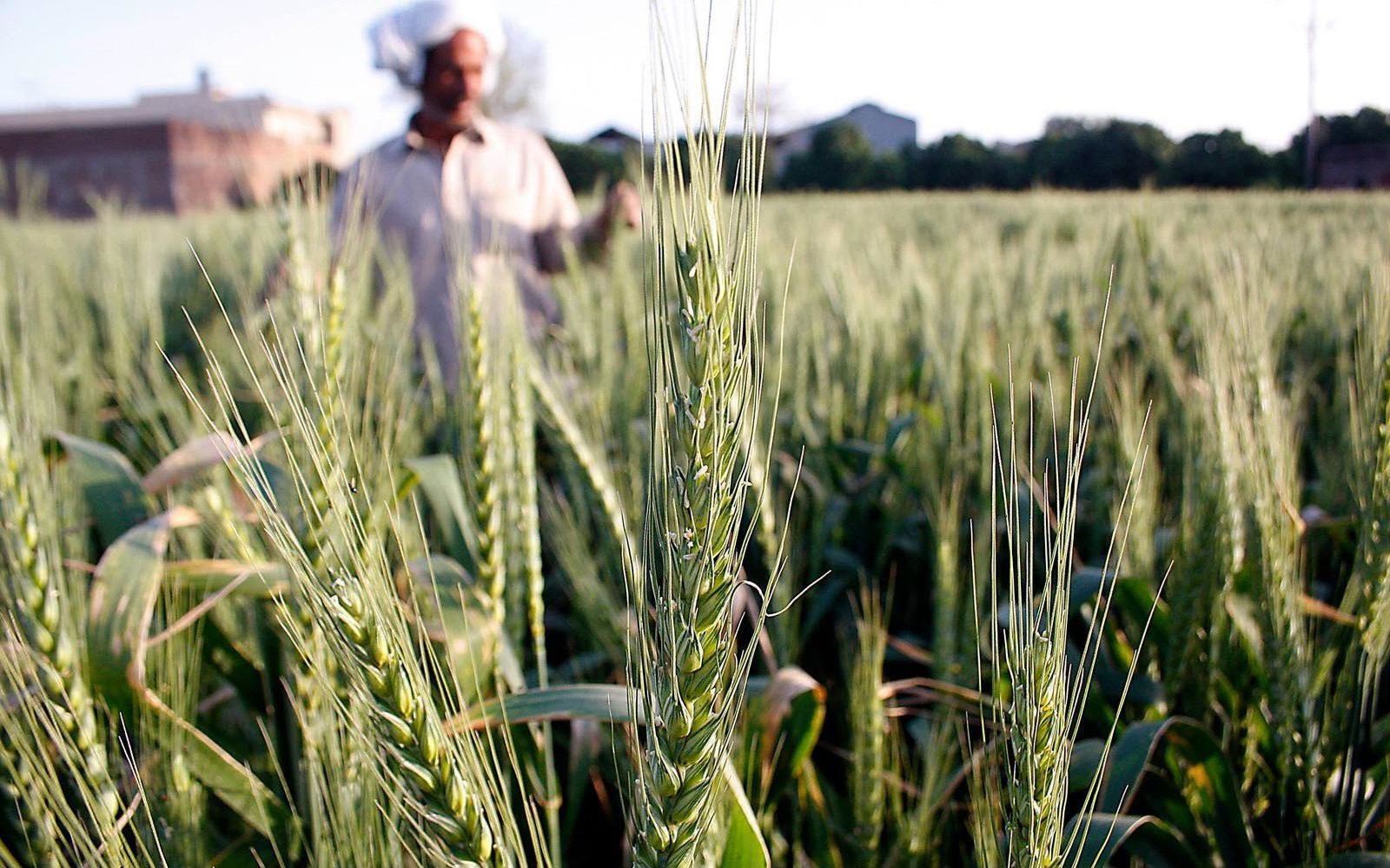Editorial
In a significant move, the federal cabinet under Prime Minister Shehbaz Sharif has officially greenlit the Hajj Policy for the year 2025, establishing a pilgrimage quota of 179,210 individuals from Pakistan. This decision reflects not only an effort to accommodate the growing number of hopeful pilgrims but also indicates a structured approach toward managing large-scale religious travel. According to statements released by the Prime Minister’s Office, the designated quota will be evenly divided between government-sponsored and private schemes, ensuring equitable access for all interested parties. Notably, the policy stipulates that minors under the age of 12 are prohibited from partaking in the pilgrimage, a measure likely aimed at safeguarding the well-being of younger children during this demanding journey.
Following the cabinet’s approval, a timeline for Hajj applications will soon be announced, with banking requests set to be collected by November 25. This systematic approach underscores the government’s unwavering commitment to transparency and organization within the selection process, which will utilize computerized balloting to determine who among the many applicants will earn the opportunity to perform Hajj.
Further addressing accessibility and inclusivity, the cabinet has earmarked 1,000 seats specifically for hardship cases and an additional 300 slots for laborers and lower-income individuals registered under the Employees Old-Age Benefit Institution (EOBI) or Workers Welfare Fund. This gesture reflects the government’s deep recognition of the unique challenges faced by economically disadvantaged demographics in fulfilling their religious obligations.
In a progressive move, compensation for the heirs of those who may pass away during the pilgrimage has been doubled from Rs1 million to Rs2 million, while a sum of Rs1 million will be allocated for injured individuals, highlighting the government’s unwavering focus on safeguarding the rights and well-being of its citizens.
Additionally, a specialized Hajj Management App has been designed to streamline information and training for pilgrims. This app will provide essential information about the pilgrimage, including the schedule, safety guidelines, and emergency contacts. It will also offer interactive training modules to prepare pilgrims for the spiritual journey. The cabinet’s deliberations underscored the importance of prioritizing individuals who were unsuccessful in the previous year’s balloting. Emphasizing the need for diligent efforts to assist pilgrims, the meeting reinforced the overarching objective of facilitating a seamless and impactful Hajj experience for all participants.

















































